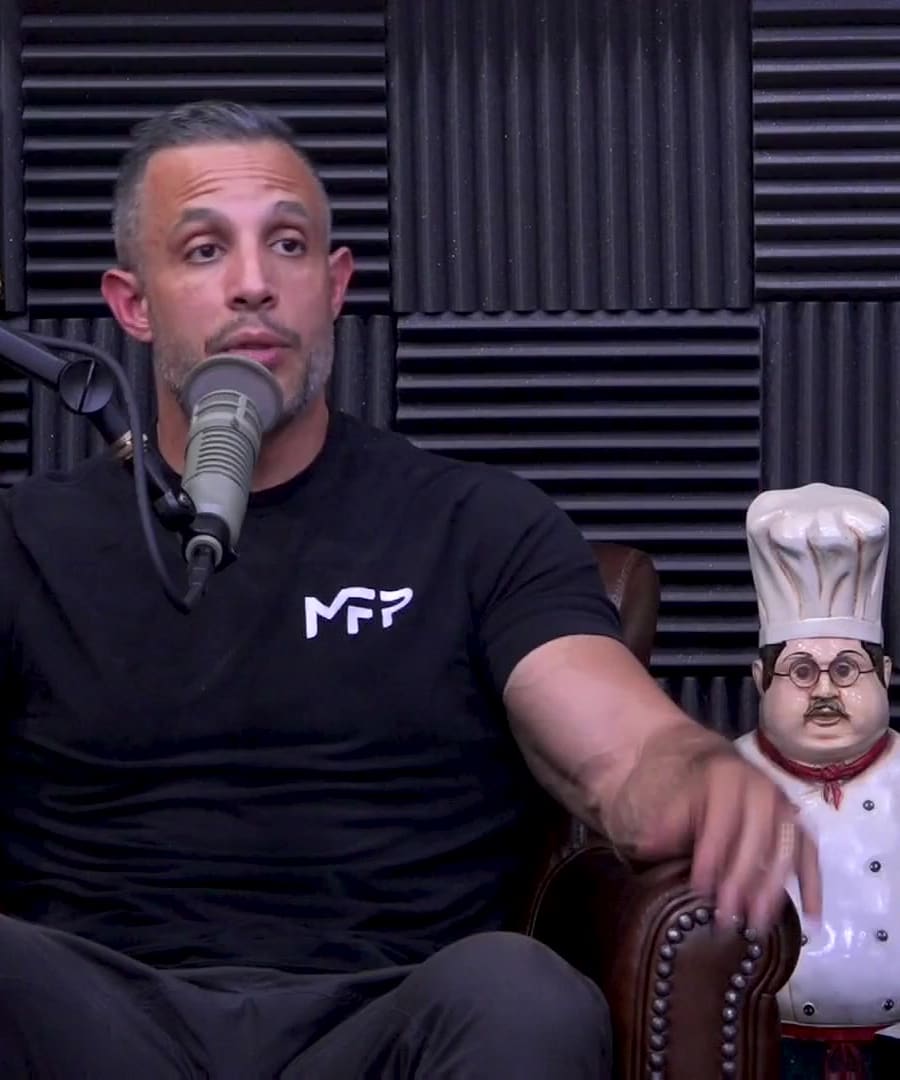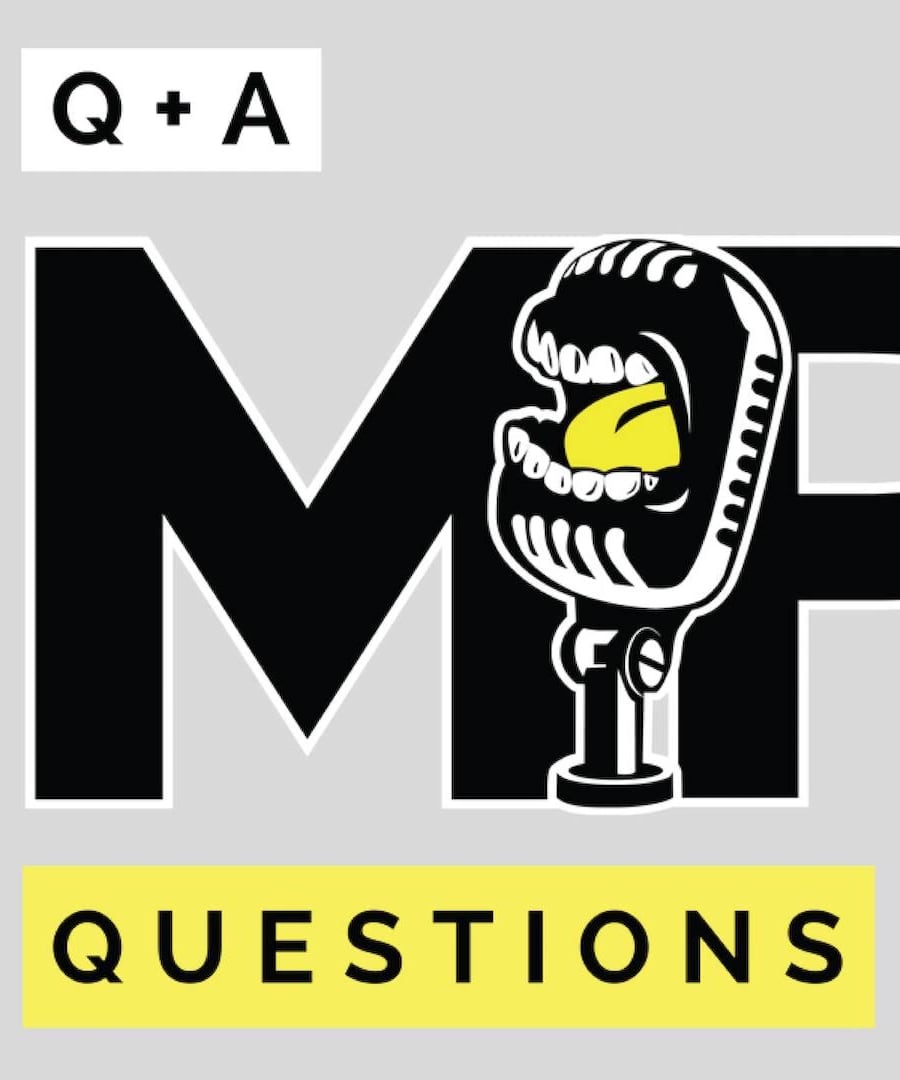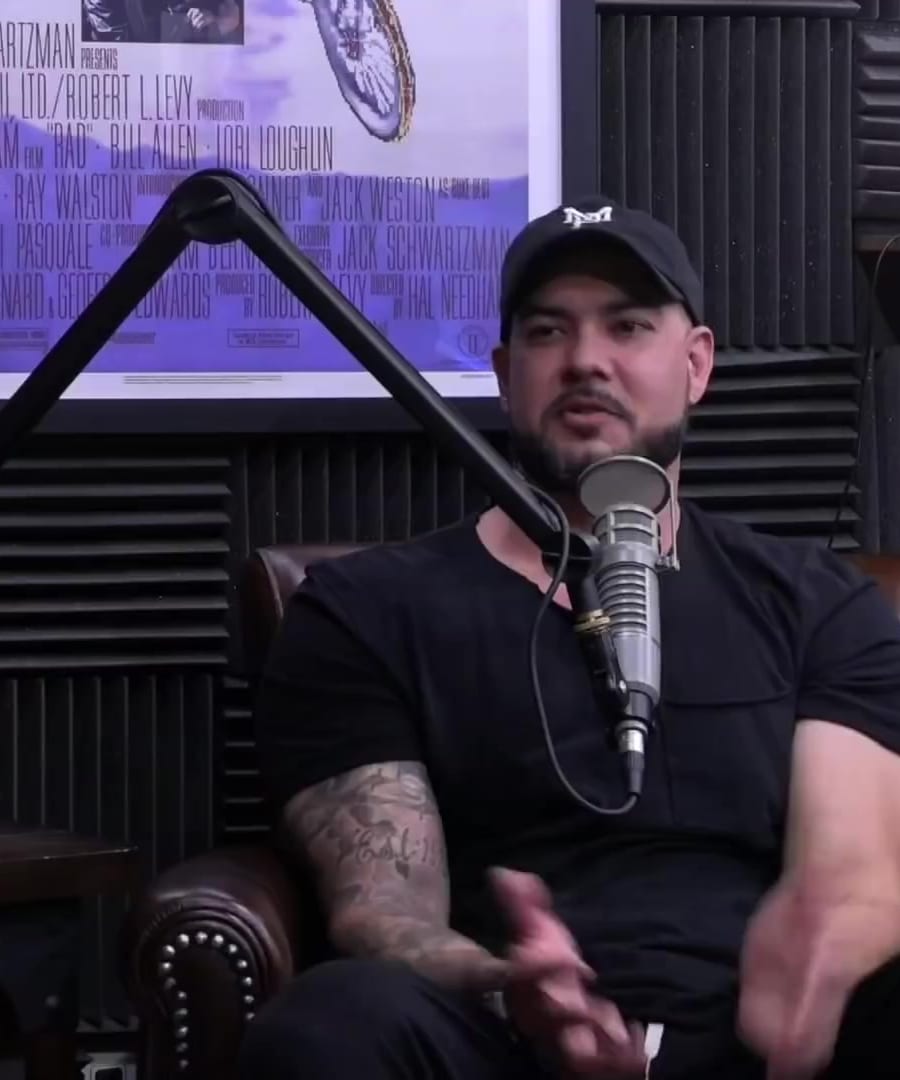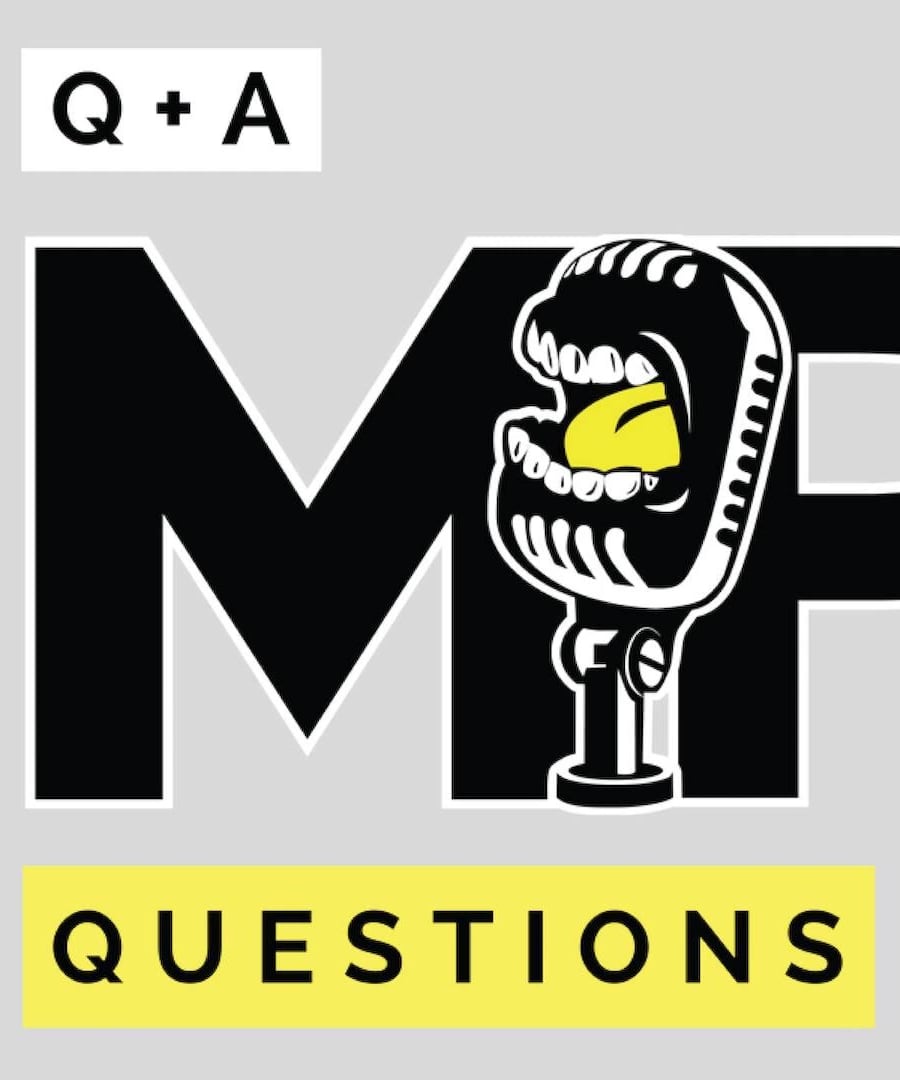Impulsive buying
Sources:
Impulsive buying often leads to regret and financial strain. The hosts of the Mind Pump Podcast have addressed various aspects of dealing with impulsiveness, particularly regarding food and purchases.
Key Concepts for Managing Impulsive Buying:
-
Creating Barriers:
- Sal Di Stefano emphasizes the importance of creating physical barriers between you and your impulses. For example, not keeping trigger foods like potato chips at home and instead making it a point to go out and buy a single serving when the craving hits. This extra effort creates space for self-reflection, helping to curb impulsive actions 1.
-
Personal Reflections:
- Adam Schafer frequently acknowledges his own impulsiveness, especially in buying items like arcade machines and drones. He highlights that with age, he has learned to invest more wisely and minimize impulsive purchases. This teaches the importance of self-awareness and gradual improvement over time 2 3.
-
Awareness and Self-Control:
- Being aware of one's tendencies is crucial. Adam points out the importance of awareness in managing impulsive eating by deciding ahead of time what treats to buy and planning their consumption. This kind of pre-planning helps in maintaining control over eating habits 4.
-
Economic and Emotional Implications:
-
Strategies for Overcoming Temptations:
- Sal suggests allowing yourself the indulgence, but making it a bit difficult to obtain. For instance, if you crave chocolate, you should make a rule to drive to the store and buy just a single serving. This helps in adding a deliberative step to what would otherwise be an impulsive action 4.
By implementing these strategies, you can foster better control over impulsive buying habits, leading to more thoughtful and financially sound decisions.
RELATED QUESTIONS-




